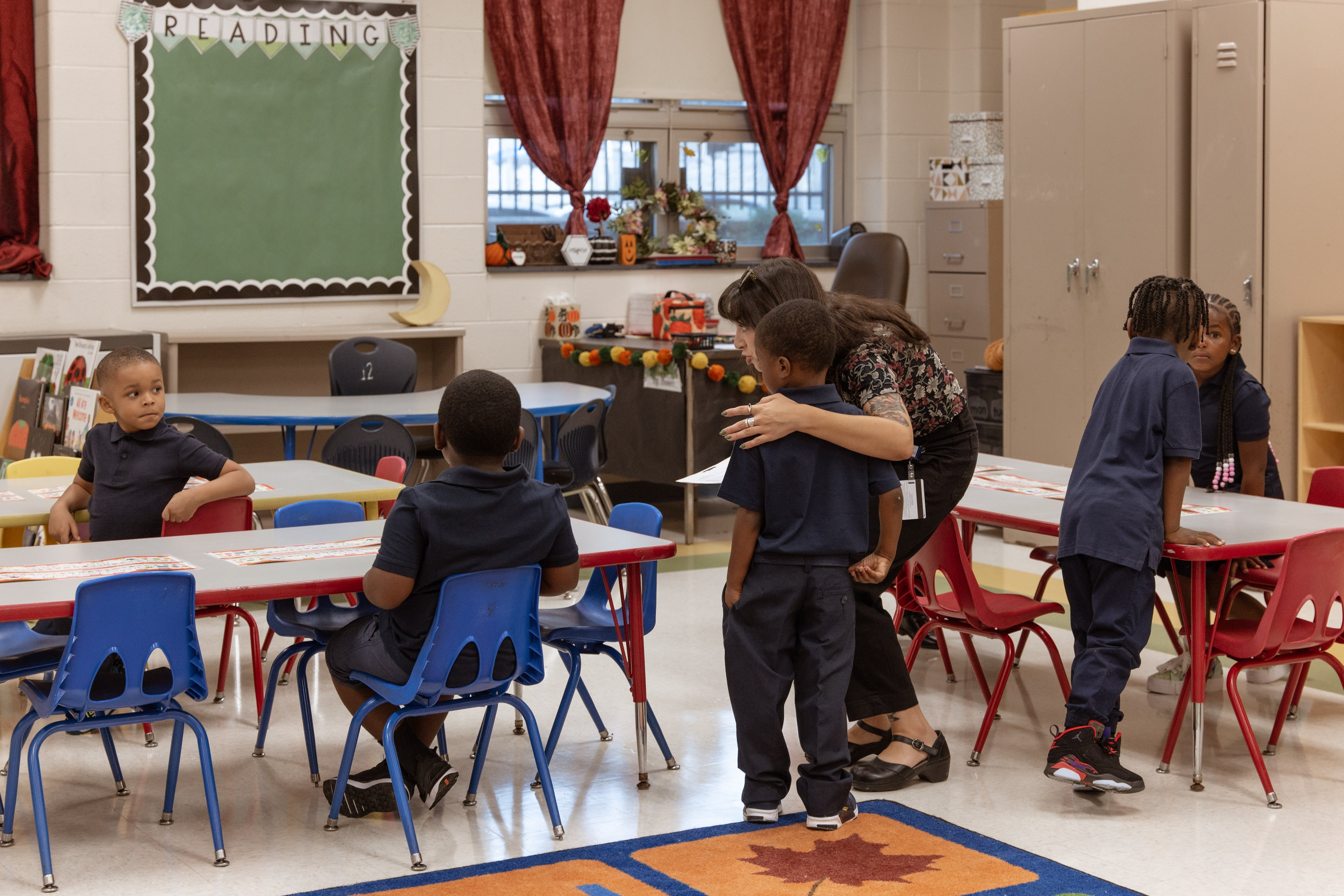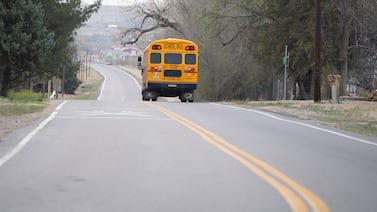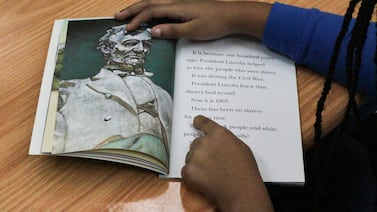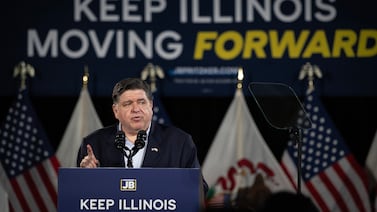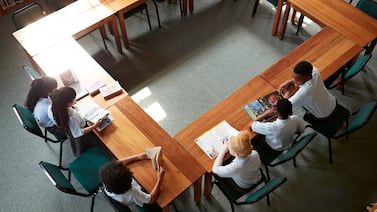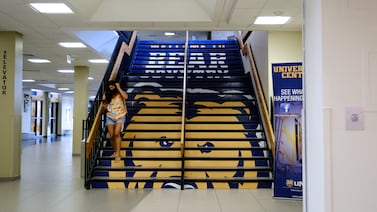Sign up for Chalkbeat Philadelphia’s free newsletter to keep up with the city’s public school system.
A new $1.5 million state grant offered school districts and universities across Pennsylvania a chance for funding to grow their special education workforce. But, despite a dire special education teaching shortage, the Philadelphia school district chose not to apply.
The Developing Future Special Educators Grant, awarded by the Pennsylvania Department of Education, provides school districts and universities with up to $20,000 over a two-year period to establish “experiential learning” programs for high school and college students interested in pursuing a career in special education.
Overall, 77 districts, charter schools, and universities will receive the funds including Pittsburgh public schools, but the only Philadelphia schools on the list are Lindley Academy Charter School and several private universities: Saint Joseph’s University, Chestnut Hill College, Holy Family University, and Eastern University, which has a campus in Philadelphia.
The Philadelphia school district said because the grant amounts were relatively small, it is instead focusing on applying for larger grants dedicated to improving its aging buildings.
“It seems like a grant geared more for smaller [local education agencies],” Monique Braxton, a spokesperson for the school district, said in an email to Chalkbeat. “When this grant application was due, we were very busy with applying for much larger grants from the state for facilities upgrades.”
The quality of the district’s schools has been in the news for the last few months following student protests for better facilities and school closures related to the lack of air conditioning.
Educators say the ongoing teacher shortage is putting a strain on existing classroom teachers and school staff, resulting in larger class sizes and heavier workloads.
Tatyana Williamson, a special education teacher at Frankford High School, had to take over a science course after a teacher left in the middle of the year. Retention rates are so bad that Williamson says she waits until November to gauge if a teacher is leaving or staying.
Often, Williamson said, kids will ask, “Miss, are you going to be here next year?”
Recruiting and retaining teachers has been a struggle in Philadelphia. Teacher attrition rates in the city have skyrocketed since 2018. In 2022, 13% of traditional public school teachers and 23% of charter school teachers left the classroom, according to research by Ed Fuller at Penn State’s Center for Evaluation and Education Policy Analysis. Some of the shortage stems from a lack of preparedness, low salaries, inadequate support, and more.
As a result, many schools in predominantly black neighborhoods have a high influx of inexperienced teachers and emergency certified teachers.
“We desperately need all teachers,” said Nicole Wyglendowski, a learning support teacher in North Philadelphia. “I’m wondering why when presented with solutions and money which is what we need more than anything is the funding why aren’t we helping ourselves. Why aren’t we taking the opportunity to help ourselves when we have such a big need?”
In June, the district had around 450 open teaching positions, with special education producing the highest vacancy at 150 open positions. Over the past few weeks, the school district has boasted about filling 95% of its teaching positions, but a spokesperson for the district did not immediately respond to Chalkbeat’s questions about how many, if any, of the 150 special education spots have been filled.
More than 400 open positions will mean thousands of students will start the school year without a full-time certified teacher.
Philadelphia has been trying to combat its teacher retention problems for some time – developing a pipeline for paraprofessionals to get their certification to become full-time teachers, offering student teachers stipends, and more.
In addition, the district has held hiring fairs all summer to bring in new teachers, sometimes offering interviews on the spot.
Many teachers say these attempts are futile without increasing the pay.
“There’s a lack of respect for the profession and it’s shown by the need to increase salaries. They need to give them more support in the schools themselves,” said Arthur Steinberg, president of the Philadelphia Federation of Teachers.
In February, the Board of Education ratified an agreement between the union and the district that gave a 5% pay raise for teachers that will take effect in September. For teachers at the beginning of the pay scale, this increase can feel small.
Pay for a full-time special education teacher in Philadelphia starts at $52,516 — a 5% raise would equate to roughly $55,000. With the rising costs of living, many say it isn’t enough.
Wyglendowski has been asking for donations on social media to pay for supplies for her classroom. And she’s not the only one. Teachers around the country have started asking their followers to contribute to their Amazon wishlists and or donations.
“It shouldn’t rely on what kind of community resources that you have to see whether or not your kids get the resources they need,” said Wyglendowski. “Sometimes it’ll be mid-year and I’ll have to do another fundraiser because I’m like ‘guys we run out of pencils, I got no erasers, like I have a kid who needs uniforms … it’s crazy that I have to rely on that.”
Azia Ross is a summer intern for Chalkbeat Philadelphia. You can reach her at aziaross@chalkbeat.org.

